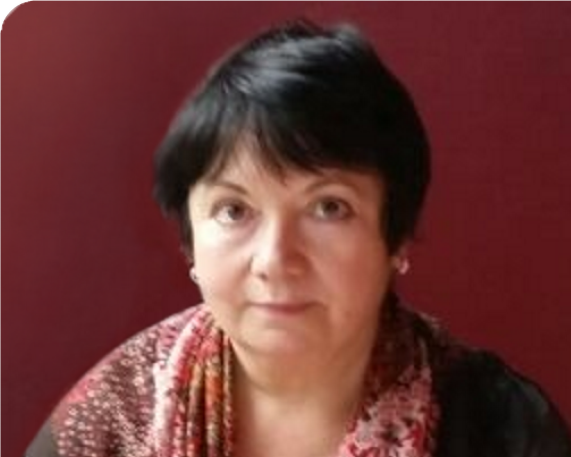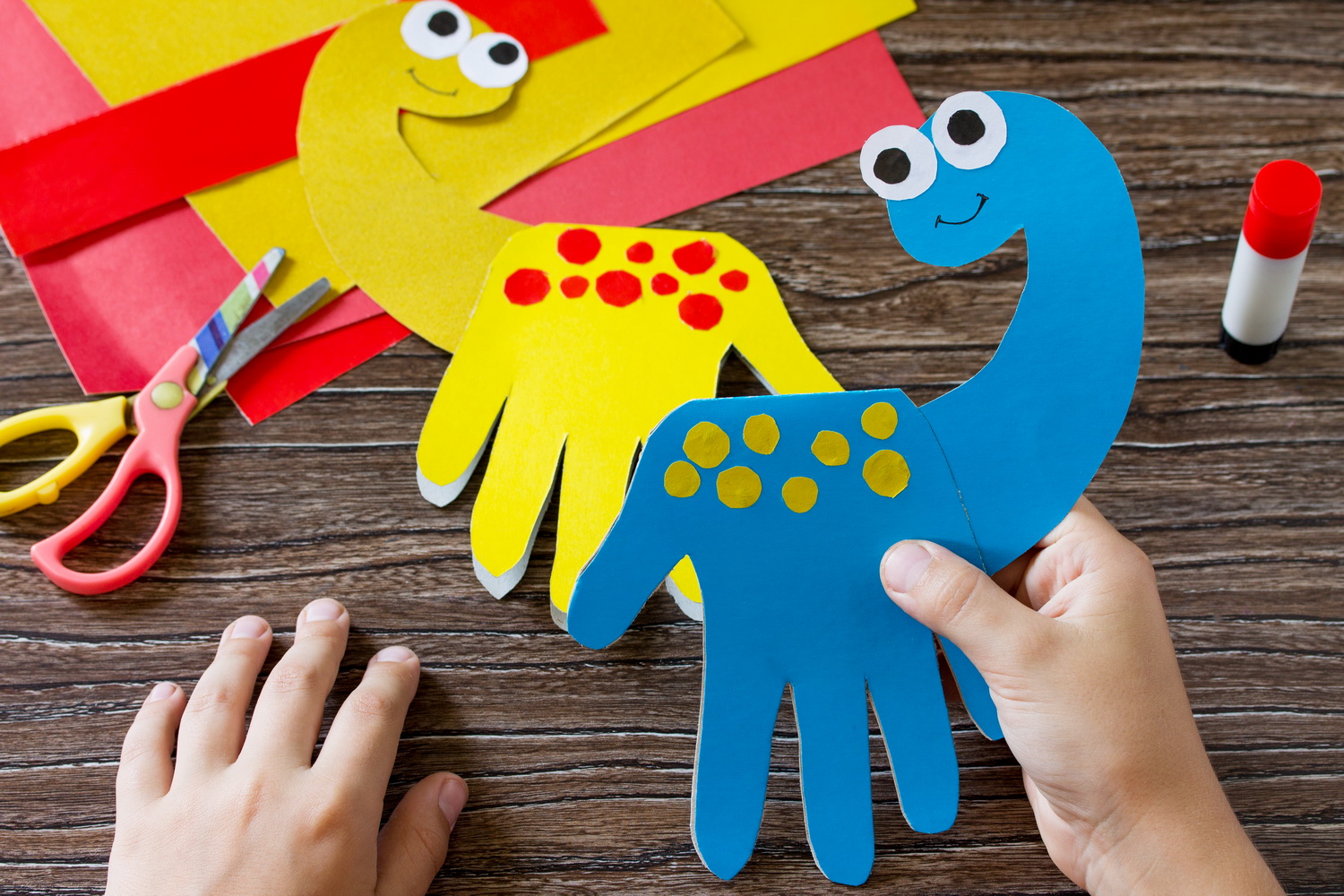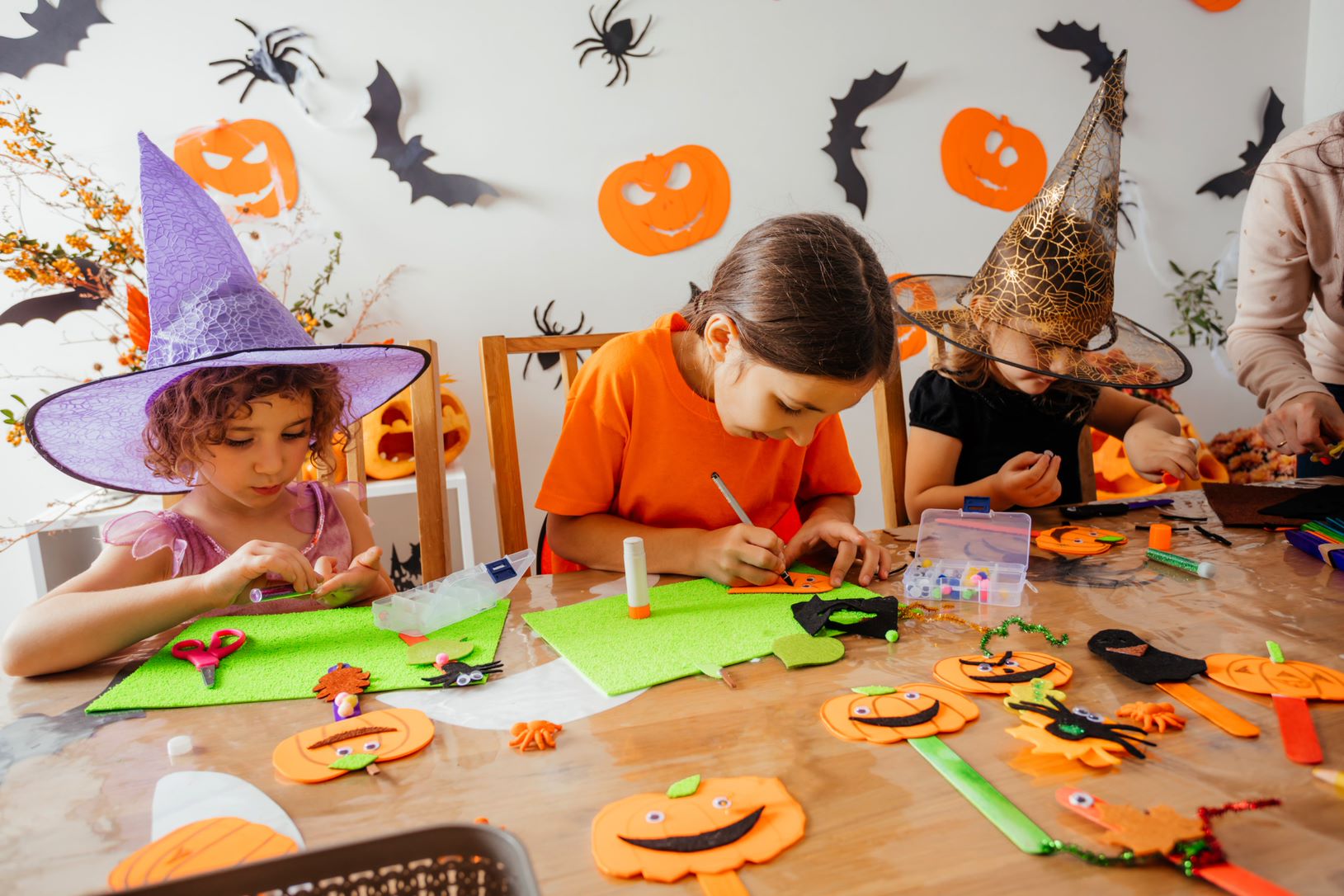Delayed Speech Development
Nov. 11, 2021
Parents often notice that the toddler's speech is clear only to them. Other toddlers and people around them do not understand it. It means the toddler's speech delays in its development in comparison with the peers` speech.
This problem occurs among approximately 10% of preschool children. It occurs four times more often among boys than girls.
Parents often think that these problems will go away on their own. Their toddler, in time, will catch up with the peers. As a rule, parents are mistaken. The process, when the toddler's speech development delays, often requires special intervention of parents (and possibly specialists).
Let's try to figure out what delayed speech development is and how it is possible (and necessary) to help the toddler overcome this delay.
So. Delayed speech development occurs if:
- At the age of 18 months the toddler does not pronounce simple words "dad" or "give". They do not understand simple words, the names of objects around them and simple instructions.
- At the age of 2 the toddler uses only few separate words and does not try to repeat new words.
- At the age of 2.5 the active vocabulary is less than 20 words. The toddler does not know the names of objects around them. They can`t point at a familiar object upon request or bring anything that is out of their sight. At this age the toddler does not know how to make phrases with two words.
- At the age of 3, the toddler`s speech is not clear. Even relatives hardly understand it. The toddler does not pronounce simple sentences (3 words), does not understand simple explanations.
You can read more about the speech development of children aged from 1 to 2 and aged from 2 to 3 within each age period in the previous articles.
If a significant delay in speech development gives you a reason for anxiety at first you should find out if the toddler has any medical reasons for this. It is necessary to contact specialists in order to exclude neurological (connected with nerve damage) or surdological (connected with decreased audibility) reasons. They can also cause speech development disorders.

If it turns out that the toddler does not have any medical (so-called organic) disorders, specialists talk about the delayed speech development.
Delayed speech development is much later mastering of oral speech by toddlers (in comparison with the age norm). If by the age of 2 the toddler's speech vocabulary is not enriching or the toddler has not spoken yet it is wrong to wait that everything will go away on its own. It is necessary to start working deliberately on overcoming the delayed speech development.
In overcoming the delayed speech development, the important role belongs to:
- Communication and
- Regular Activities of parents with the toddler.
In communication with the toddler, it is important to follow several rules:
- Talk with the toddler in the usual timbre. It is your tone and timbre the toddler knows from his prenatal state.
- Try to use simple phrases, do not distort words, do not use complex and long words. Simple, recognizable words attract more attention of the toddler to what is being said and who is talking. It encourages the toddler to concentrate their attention and communicate.
- Attract the toddler's attention by changing the tone or volume of the voice.
- Stay on the same level with the toddler. While you are playing, sit with the toddler on the floor. While you are reading, keep the toddler on your laps. While you are eating, sit at the same table.

Regular activities aimed at "speech launching" may include:
- development of fine motor skills
- breathing exercises
- face massage
- articulatory gymnastics
- development of onomatopoeia
In the previous article on massage and finger stimulation you can find information about certain methods that can be used in the activities mentioned above.

To "get your toddler to talk" use different techniques:
- Enrich your vocabulary. If the toddler pronounces only few words, more often show him something new and bright in the environment. The name of any object should be pronounced loudly enough and always clearly.
- Make activities fun. Have your activities in game forms: play with a new toy or play outdoor games.
- Repeat one after another. Try to repeat cheerfully the syllables the toddler pronounces: "Yes ‑ yes", "dad-dy". Then think of your own syllable. If the toddler accepts your game, he will try to repeat after you.
- Start reading regularly. Show the toddle bright pictures in books and talk as often as it is possible. Read to your toddler fairy tales, children's poems, and short stories every day. New words and constantly heard speech will stimulate the toddler's vocabulary.
- Turn off your computer and TV. The toddler should hear a speech pattern in order to develop speech. This pattern should be clear, precise and correct. The sounds of advertisements and cartoons interfere with clear perceiving of your words. A turned on TV used as a background only makes noise.
- Sing with the toddler! Learn new and famous children's songs together. Good mood and fluency of phrases will stimulate the work of the vocal apparatus.
- "Don't understand" sign language. Try to encourage your toddler to talk. If he asks for something using gestures, pretend not to understand. Ask leading questions, encourage the toddler to answer, stimulate a dialogue!
- Show attention. Demonstrate to your toddler that you are interested in everything he tells you. Ask questions, react emotionally and positively to whatever he says. Try to encourage the toddler to talk about everything. Do not make him talk if the toddler does not want so as not to cause negative emotions.
Be patient and consistent and Regular Activities With a Toddler Will Surely Make the Desired Result!
About the author
Germany, Ratingen.
Links and references:
- Welling, Al. Handbuch Sonderpädagogik: Sonderpädagogik der Sprache / Al. Welling[Electronic resource].Mode of access: . – Date of access: 07.11.2021.
- Baumgartner, St. Sprachtherapie mit Kindern / St. Baumgartner, I Füssenich [Electronic resource].Mode of access: https://www.medimops.de/stephan-baumgartner-sprachtherapie-mit-kindern-grundlagen-und-verfahren-uni-taschenbuecher-l-taschenbuch-M03825281884.html. – Date of access: 07.11.2021.
- https://www.centerdushi.ru/lechenie-zaderzhki-rechevogo-razvitija.html
- https://www.smdoctor.ru/disease/zaderzhka-rechevogo-razvitiya/
- http://karkusha.su/13-sposobov-nauchit-rebenka-govorit-v-2-3-goda/
- Povalyaeva, M.A The speech therapist's handbook / M.A Povalyaeva. – М, 2002. – 448 p.
- Psychology of thinking / ED. by YU. B. Gippenrejter, V. V. Petuhova. – M., 1981. – 400 p.
- Cejtlin, S. N. Language and child. Linguistics of children's speech / S. N. Cejtlin. – M., 2000. – 240 p.












